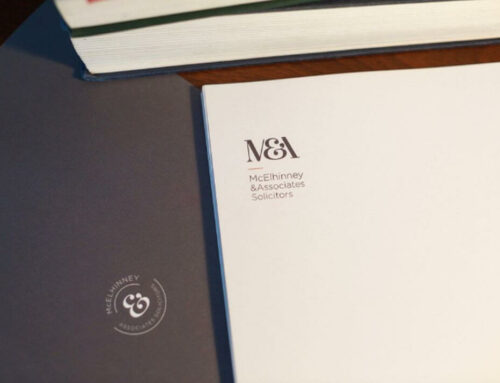Under Irish Law a Testator (the person making the Will) must have the requisite capacity to make a Will. The Succession Act 1965 states that in order to make a Will, the testator must be of “sound disposing mind”. But what is capacity and sound disposing mind?
Capacity is a legal test not a medical one, in terms of making a Will.
In order for a Testator to satisfy his solicitor that he/she has the requisite capacity he/she must be capable of the following:
- Understanding the nature of the act of making a Will and its import and effect.
In other words, the Testator must know that he/she is making a Will and that it is a document that disposes of assets upon death.
- The testator must know the extent of their assets and estate – that is, they must know what assets they have and where they are located and provide as much information and detail.
- The testator must be able to call to mind those individuals who might expect to benefit under the Will and then give instructions upon consideration of that.
In most circumstances, solicitors are in a position and well able to establish whether their client, the testator, has the testamentary capacity and most Wills are made without an assessment of the testator’s mental capacity. However, in certain cases, due to age, infirmity or where there is doubt as regards the testator’s mental capacity, a doctor will be asked to conduct a formal assessment of the client’s testamentary capacity. If there is any element or question of cognitive impairment, Alzheimer’s or Dementia a testator will be required to undergo assessment by their doctor who will provide a Certificate of Capacity, where possible, prior to the execution of the Will. This can greatly assist in ensuring the admission of the will to Probate and can be used to defend any query that may arise or litigation that might issue as regards the Testators testamentary capacity at the time of executing the Will.
The most common circumstance that give rise to this challenge is where there is a homemade Will and no Solicitor has had an opportunity to assess the Testator as to capacity. Once the allegation of Testamentary Capacity raises its head on a home made Will, it can become a long drawn out and expensive process to prove the Will which can ultimately result in protracted court action.
To avoid such disastrous consequences on what is one of the most basic elements of preparing a valid Will, home-made will should be avoided at all cost.
Seek proper legal advice and have an experienced practitioner prepare your Will.
Please do not hesitate to contact McElhinney & Associates Solicitors today at (074) 9175989 or email admin@mcelhinneyassociates.com
*In contentious business a Solicitor may not calculate fees or other charges as a percentage or proportion of any award or settlement













